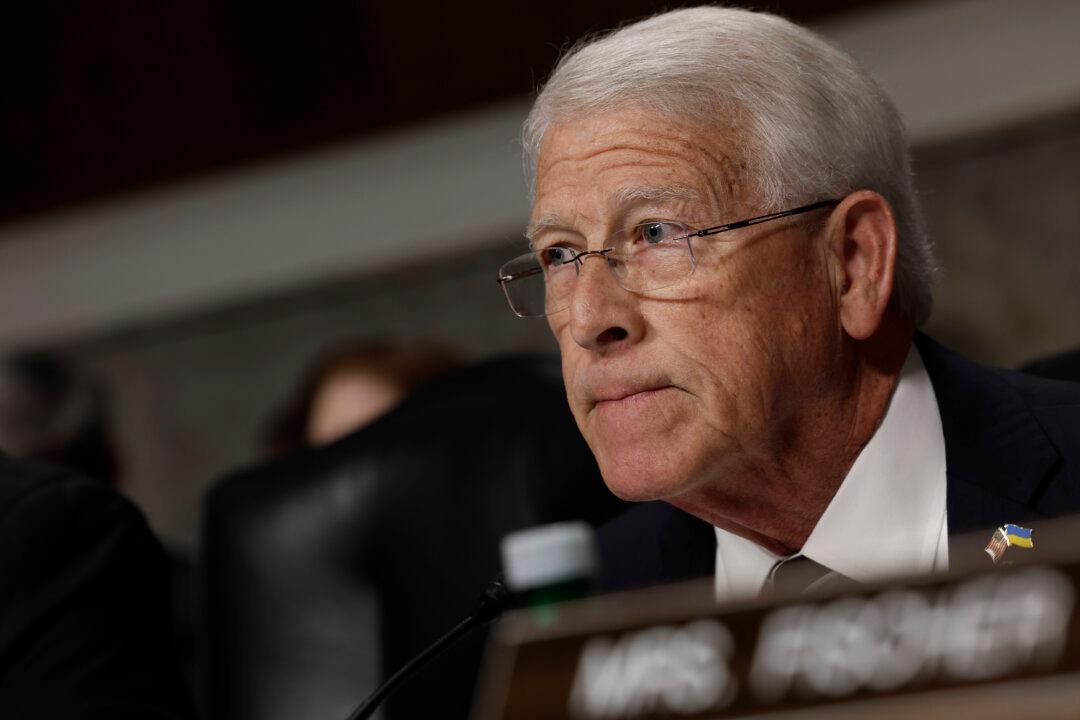Key Republicans are calling for more defense spending than is permitted under the debt ceiling deal negotiated less than a month ago between House GOP leadership and the Biden administration.
Senate Armed Services Committee ranking Republican Sen. Roger Wicker (R-Miss.)—in a statement accompanying the panel’s June 23 adoption of the $886.3 billion fiscal year 2024 National Defense Authorization Act (FY24 NDAA)—said the proposed annual defense budget “does not adequately fund our defense needs, and I will work to increase the Department of Defense top level as the bill progresses.”





